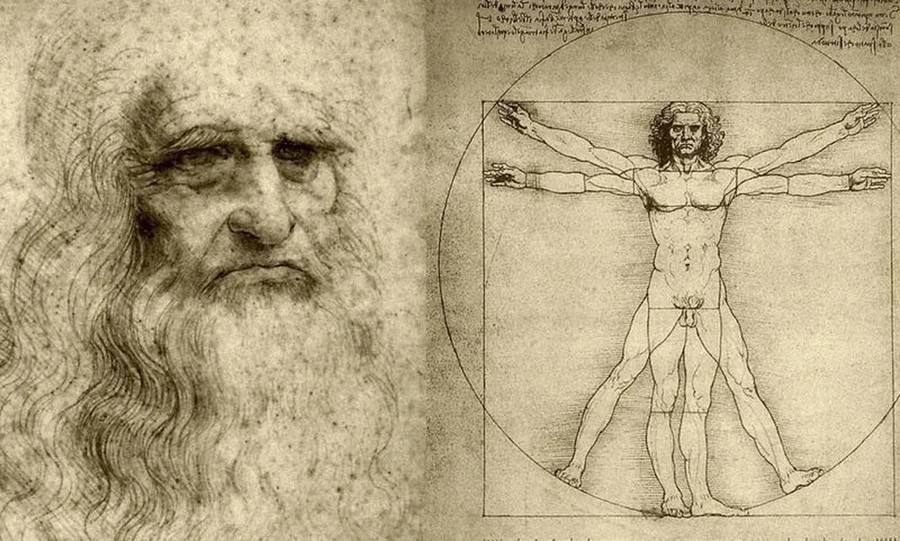Gary Vikan was director of the Walters Art Museum in Baltimore from 1994 to 2013.
The British Commission for the Reunification of the Parthenon Sculptures cites a recent New York Times article and statements by Gary Vikan, former director of the Baltimore museum.
"If anyone tells me that the British Museum will somehow be emptied by the return of the Parthenon sculptures to Greece, that's nonsense", commented Gary Vikan, director of the Walters Art Museum in Baltimore from 1994 to 2013.
Prior to his work in Baltimore, Vikan was a senior fellow at Harvard's Center for Byzantine Studies at Dumbarton Oaks in Washington. He is a graduate of the Harvard Program for Art Museum Directors and the National Arts Strategies Chief Executive Program.
Vikan notes, "When I first entered the curatorial world, it was like the Wild West. Curators and museum directors wanted to acquire important works. They wanted to be the ones to get this painting, this sculpture, etc".
According to him, respective countries can - and do - make demands for antiquities that became illegal to export without official permission when it was already too late. "Italy, for example, has had such a law since 1909," he says.
Vikan, a former museum director, said that while he fully supports repatriation campaigns, the cost to museums is not just the loss of objects already in the collection. Given their limited acquisition budgets, U.S. museums rely on donations of antiquities, and now donors who do not have the necessary documents may be reluctant to donate and museums reluctant to accept them.
However, he is not concerned that the major museums, which typically display only a fraction of their holdings, will be hit hard by the increased repatriation efforts.
"If someone tells me that the British Museum will be emptied if the Parthenon sculptures are sent back to Greece, that's nonsense," he concluded.







